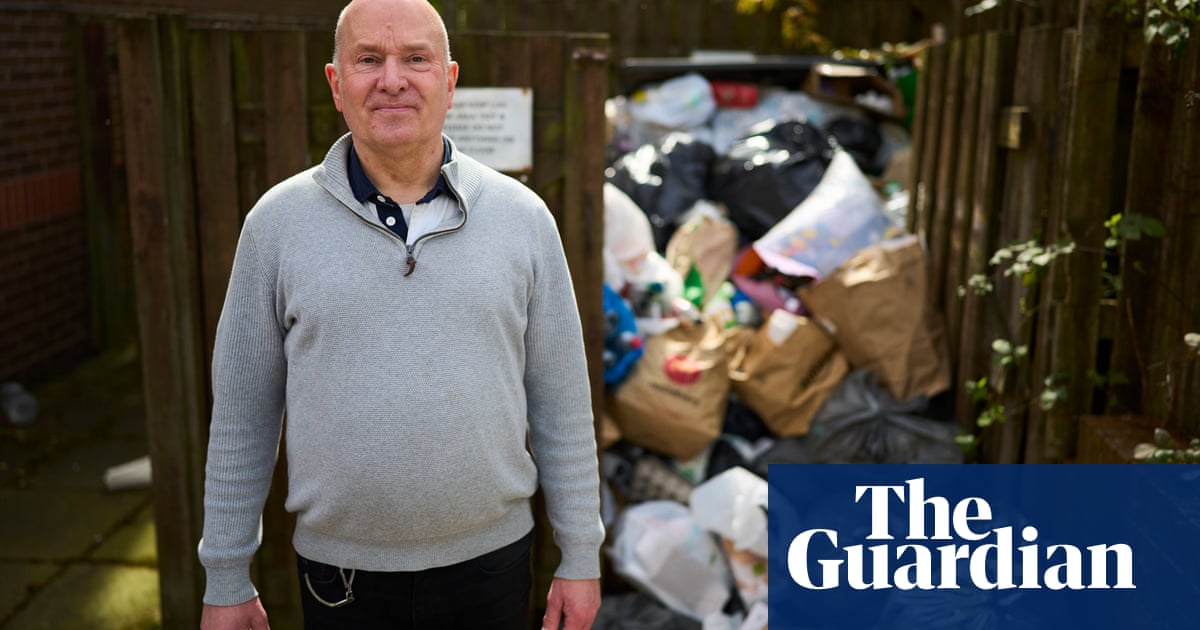The government is under mounting pressure to nationalise British Steel if crunch talks aimed at a rescue deal fail, as the chair of the influential business committee added his voice to those calling for the Scunthorpe steelworks to be taken into public ownership.
Ministers are on Thursday expected to make a formal offer to Jingye, the Chinese owner of the company, which would result in taxpayers providing funding for the purchase of raw materials such as iron ore and coking coal for Scunthorpe’s blast furnaces.
This would provide a stopgap solution to ensure the furnaces can keep burning while discussions continue about the plant’s future.
Jingye, which promised a “new chapter” in UK steelmaking when it rescued British Steel in 2020, said last month that the site’s two blast furnaces were no longer financially sustainable, raising fears for the future of 2,700 workers.
Jingye has already rejected an offer of £500m to fund a conversion to electric arc furnaces, dampening hopes that the company, which is founded and chaired by a former Communist party official, will agree to take part in a long-term solution.
Liam Byrne, who chairs the select committee scrutinising the Department for Business and Trade, said he was in favour of taking the plant into state hands.
He said: “As the global trade war escalates, now is not the time to lose critical sovereign capability like primary steel-making. The owners clearly don’t have a long-term interest in modernising the business for the future, so ministers might as well bite the bullet and warn Jingye they are now in last chance saloon.
“The government has been very generous in its offer but the clock is ticking down as the coke on hands runs out and the consultation on redundancy runs down. If the owners don’t respond, ministers should have a plan to nationalise ready to go, backed by the new firepower of the National Wealth Fund.”
A source familiar with the talks said the government had made an offer to help pay for raw materials at a meeting on Wednesday, at which the business minister, Jonathan Reynolds, met executives from Jingye.
Iron pellets have been stuck in port at Immingham, on the Humber estuary, amid uncertainty over whether Jingye will pay for them. Orders for coking coal need to be made quickly because they take three weeks to arrive on average, meaning the furnaces could run out of fuel in the meantime. Once furnaces are turned off, they are prohibitively expensive to start up again.
The source said Jingye had been reluctant to accept the offer without understanding what conditions might be attached.
after newsletter promotion
The government is expected to write to Jingye with a formal offer on Thursday, the BBC reported on Wednesday night.
Unite, Britain’s largest trade union, has also called for the government to nationalise British Steel, an option that the prime minister, Keir Starmer, has said remains “on the table”.
However, ministers prefer a solution that keeps the company in private hands, which is likely to require some form of financial support.

 1 week ago
17
1 week ago
17













































